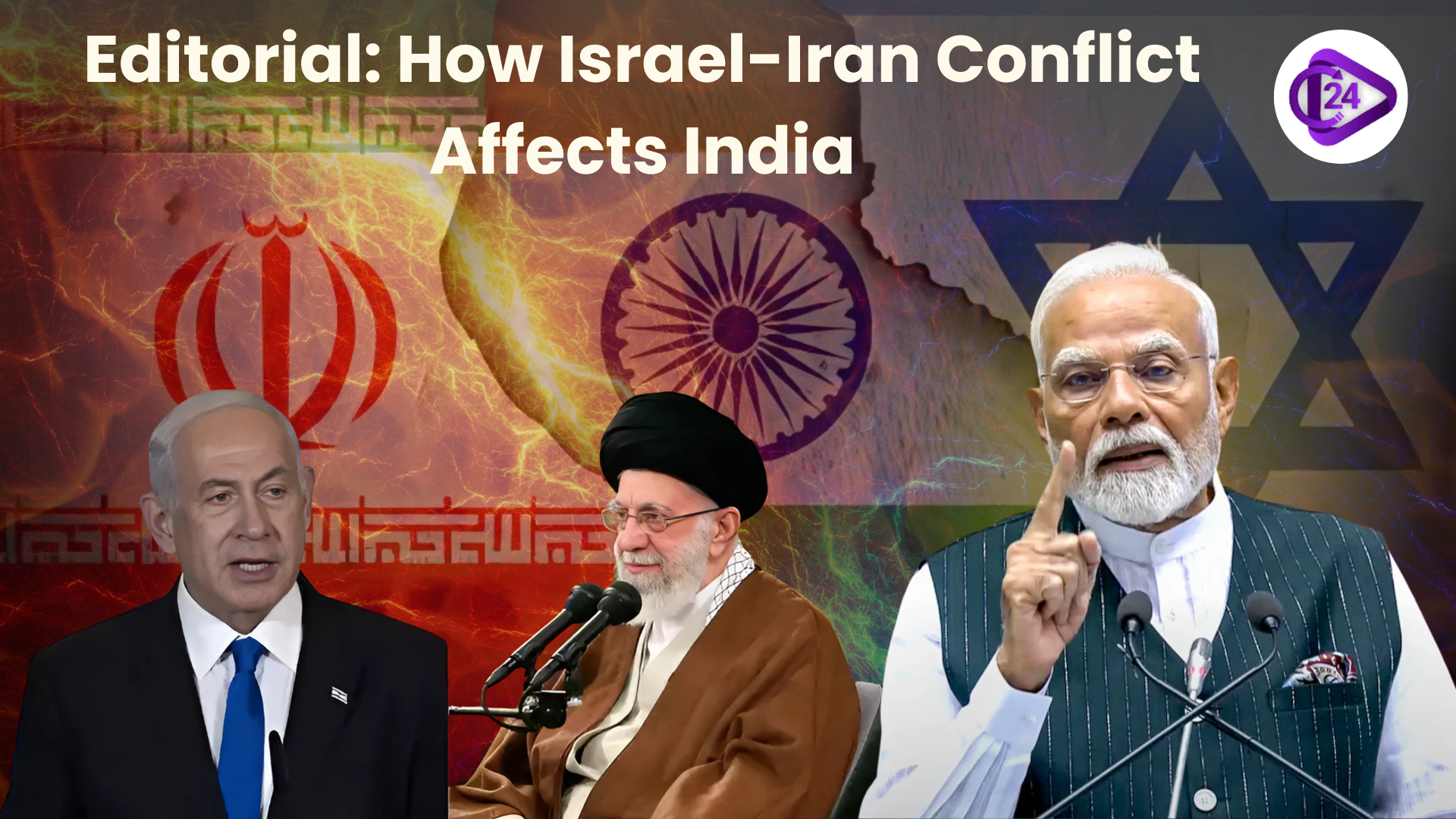
The simmering tension between Iran and Israel is sending tremors in the international geopolitics with India being in a dilemma to maintain a balance between the two powers. India is also currently in the process of evacuating its nationals out of Israel and Iran and coping with the effects of a potential fall-out in trade, especially oils bought through the strait of Hormuz. This puts India in a difficult diplomatic position as it has had a long history with both countries and its strategic value in the Middle East issues. Moreover, the crisis may pose a threat to the important shipping lanes, energy security, and connectivity to India, which may affect it economically and geopolitically.
Context
-
As much as the Israeli-Iran conflict is a hassle to India, it is notably a disturbance to international trade lines, demand of energy resources, and geopolitical relations in the region.
-
Maintaining relations between the two nations and evacuating its nationals will become a diplomatic tightrope.
Key Developments
The Diplomatic Respond of India
-
Has no position, pushes peace and dialogue.
-
PM Modi and EAM Jaishankar emphasized even relations with both countries.
-
Would not join in the UN Gaza ceasefire vote, showing strategic caution.
Evacuation Efforts
-
Mission Sindhu was launched to rescue ~35,000 Indian Nationals (10k in Iran, 25k in Israel).
-
Iran was on board by opening the airspace to evacuation flights.
Economic Impacts
-
The prevalence of India-Iran trade was reduced to India-Iran trade of only 1.4B in comparison to 14B in 2017.
-
Oil prices might go up, inflation and increased shipping prices might occur, due to disruption in the Strait of Hormuz.
-
Affects the energy security and competitiveness of India as an exporter.
Geopolitical Challenges
-
Will have to reconcile U.S-Israel bonds with BRICS friendship, comprising Iran.
-
There is speculation on the U.S- Pakistan coordination which is a risk to diplomacy.
-
The BRICS summit in July could force India into clearing the air.
Threat of Regional Connectivity
-
The threat of regional connectivity is also a matter of concern. This is mostly due to the lack of information connectivity that ties it to the conveniences of the past that offers a minimum level of connectivity to the individual states.
-
The Haifa Port and India-Middle East-Europe Corridor can be delayed.
-
The access to Central Asia could be impeded by the Chabahar Port (Iran) development.
Vulnerabilities in energy and Remittance Energy
-
West Asia provides 54% of the oil imports and 40% of the remittances.
-
The economic and energy provision of India would be destabilized by any regional disturbance.
-
The views of bias toward Israel can be disastrous to the India-Kenya relations in the Gulf
Conclusion
The India Israel-Iran conflict is a mixed-bag issue that runs the line between international relations, economic and geopolitical interests. Due to the vitality of energy lines, trade connectivity, and regional alliances, India needs to tread these vicissitudes cautiously. This non-position up until now, with evacuation attempts, is part of the overall policy of maintaining relations with the rest of the world as well as domestic and economic stability. Nevertheless, the conflict that continues to take place relates to the dire necessity to establish stability in the region to secure strategic interests of India in the long perspective.



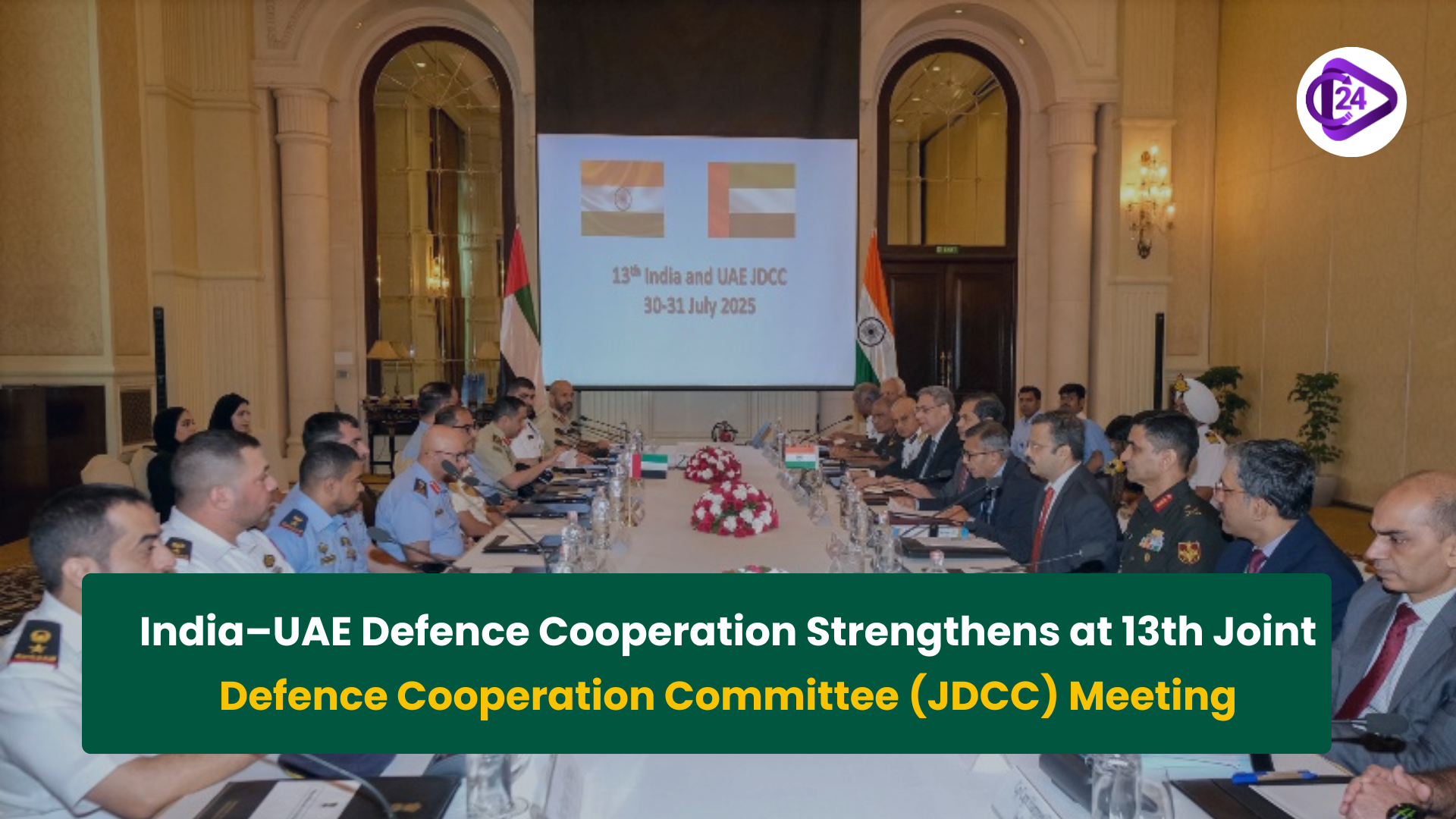 India–UAE Defence Cooperation Strengthens at 13th Joint Defence Cooperation Committee (JDCC) Meeting
India–UAE Defence Cooperation Strengthens at 13th Joint Defence Cooperation Committee (JDCC) Meeting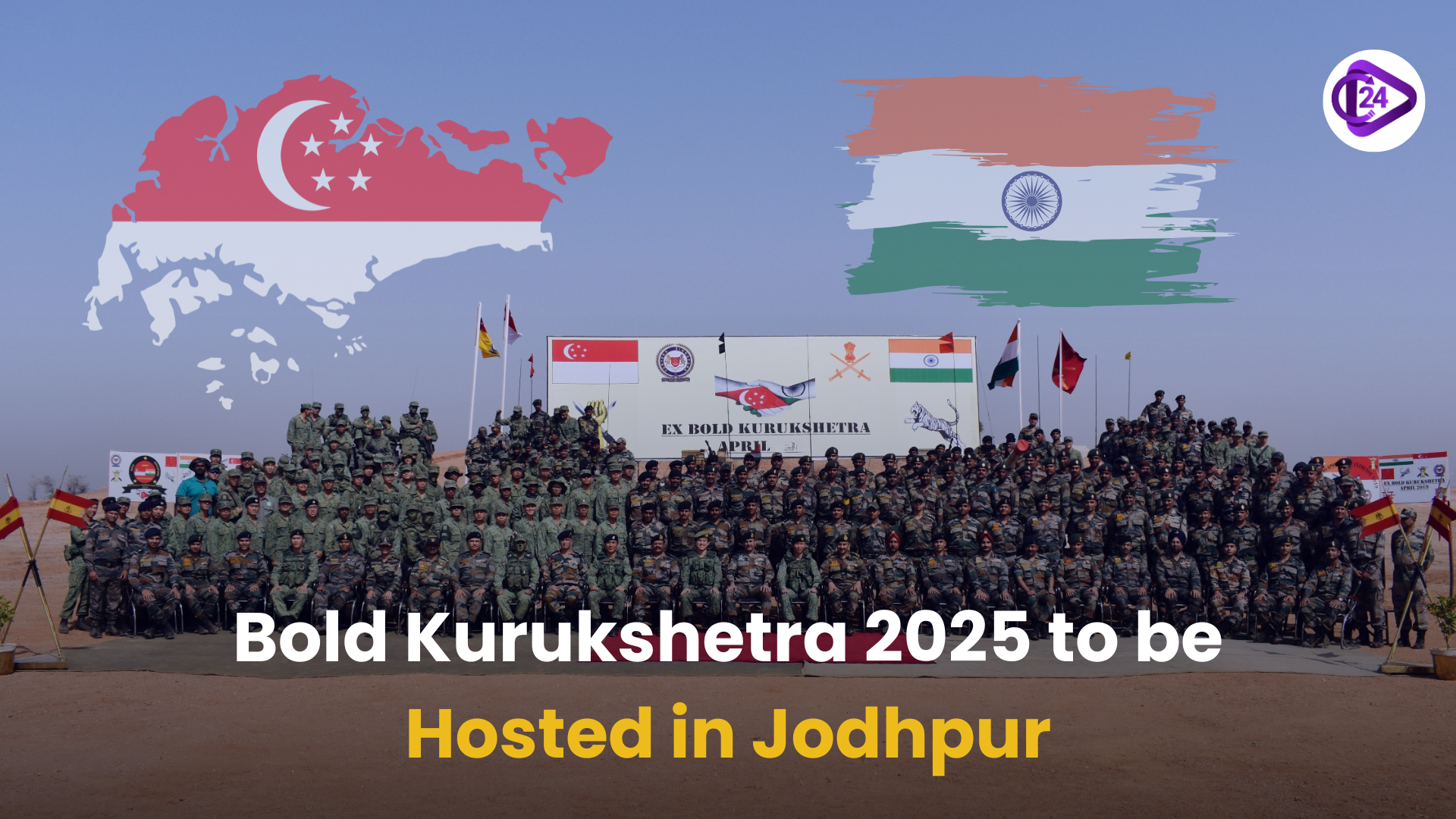 Bold Kurukshetra 2025 to be Hosted in Jodhpur: Strengthening India- Singapore Defence Ties
Bold Kurukshetra 2025 to be Hosted in Jodhpur: Strengthening India- Singapore Defence Ties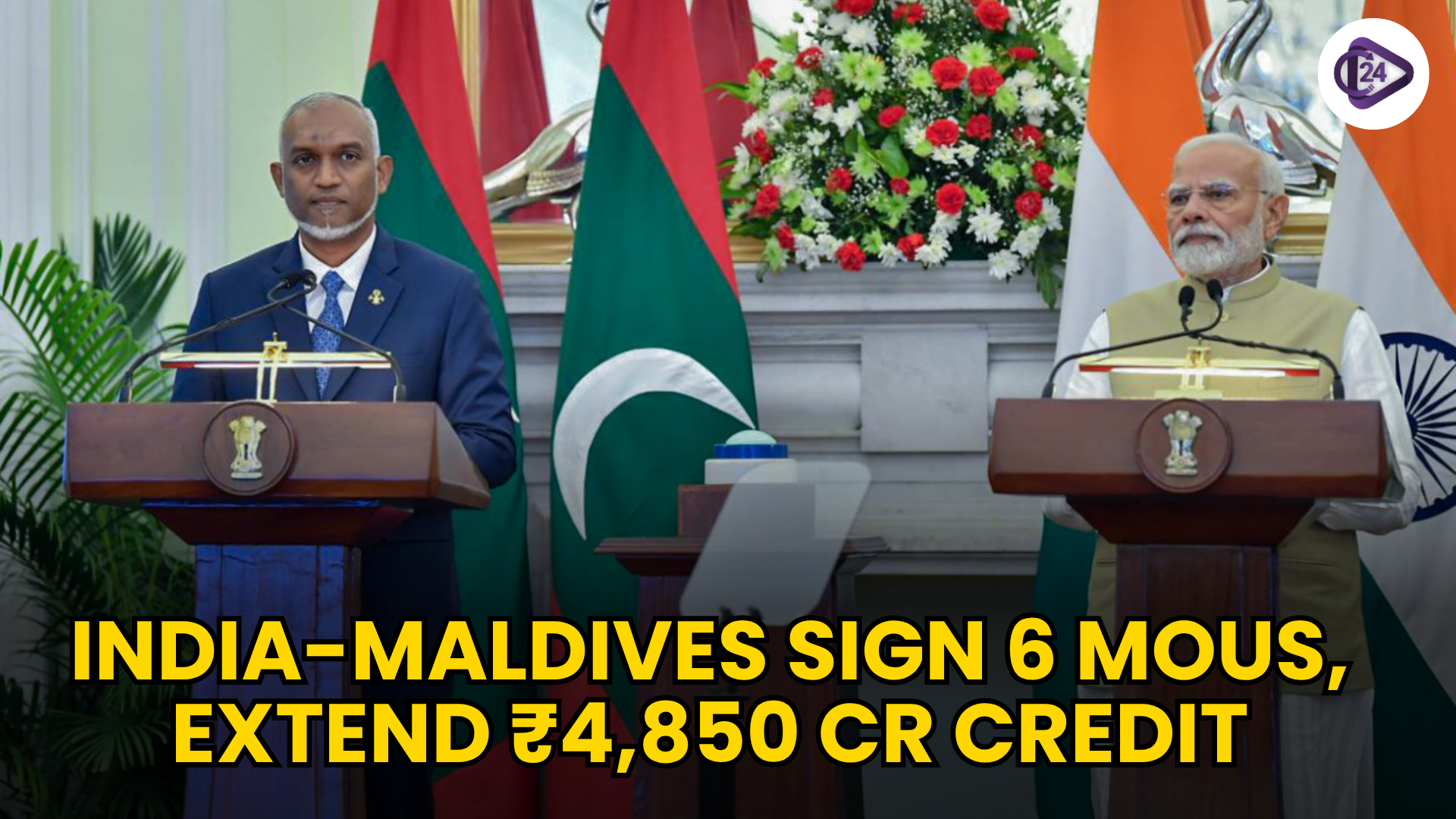 India-Maldives Strategic Ties: 6 MoUs Signed and ₹4,850 Cr Line of Credit Extended
India-Maldives Strategic Ties: 6 MoUs Signed and ₹4,850 Cr Line of Credit Extended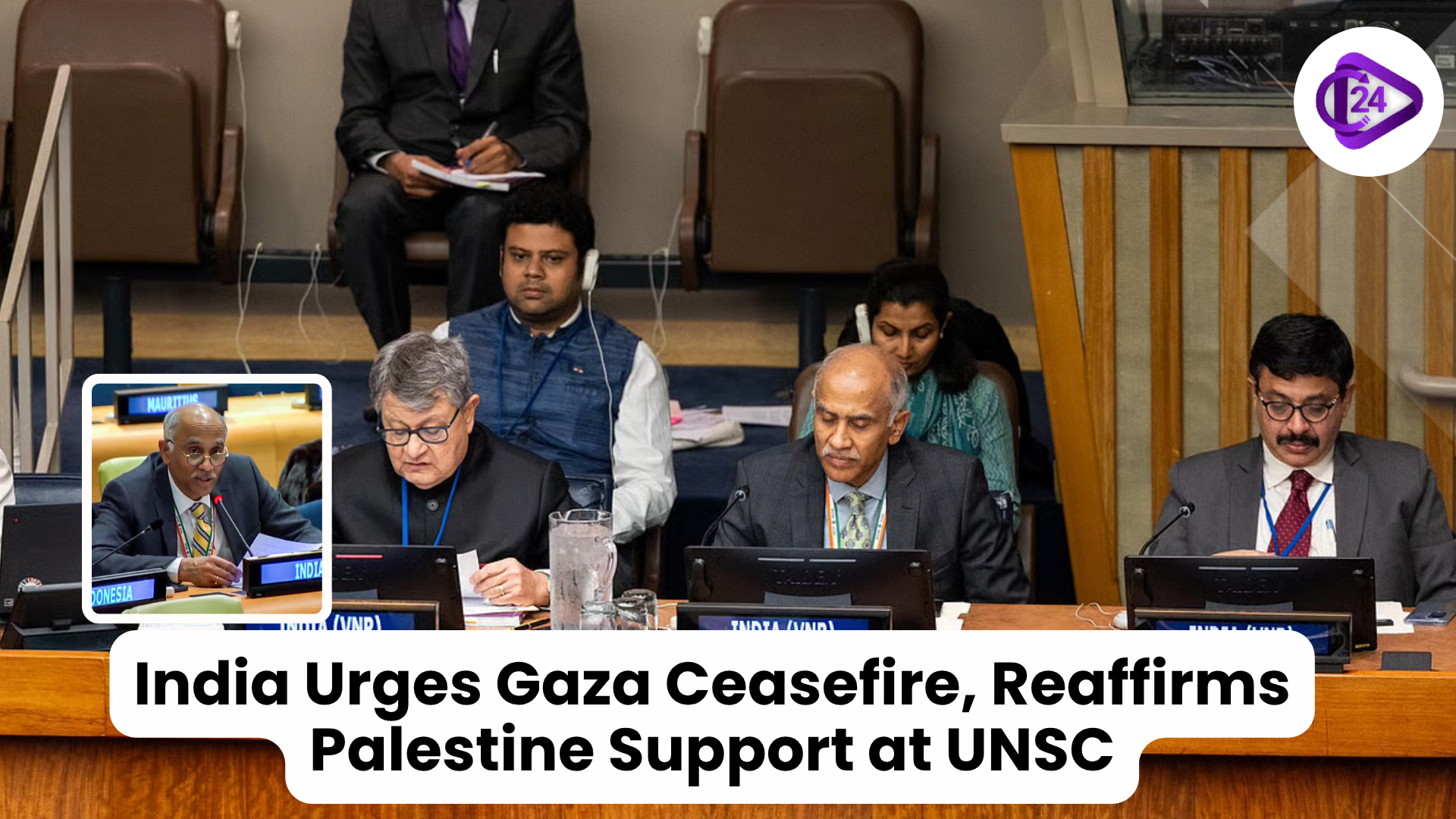 India Calls for Gaza Ceasefire, Reaffirms Support for Palestine at UNSC
India Calls for Gaza Ceasefire, Reaffirms Support for Palestine at UNSC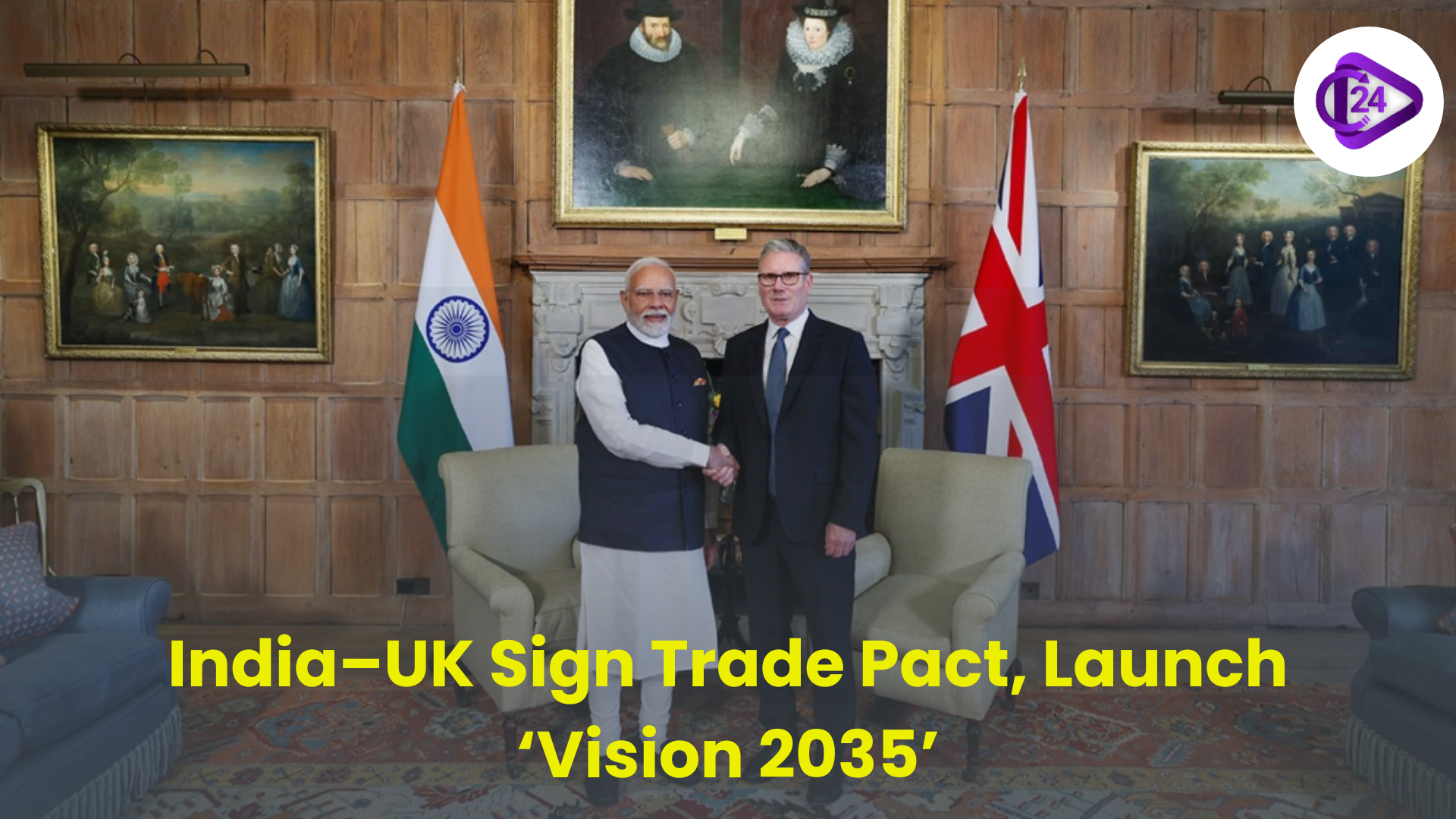 India–U.K. Sign Comprehensive Economic Trade Agreement and Launch ‘Vision 2035’
India–U.K. Sign Comprehensive Economic Trade Agreement and Launch ‘Vision 2035’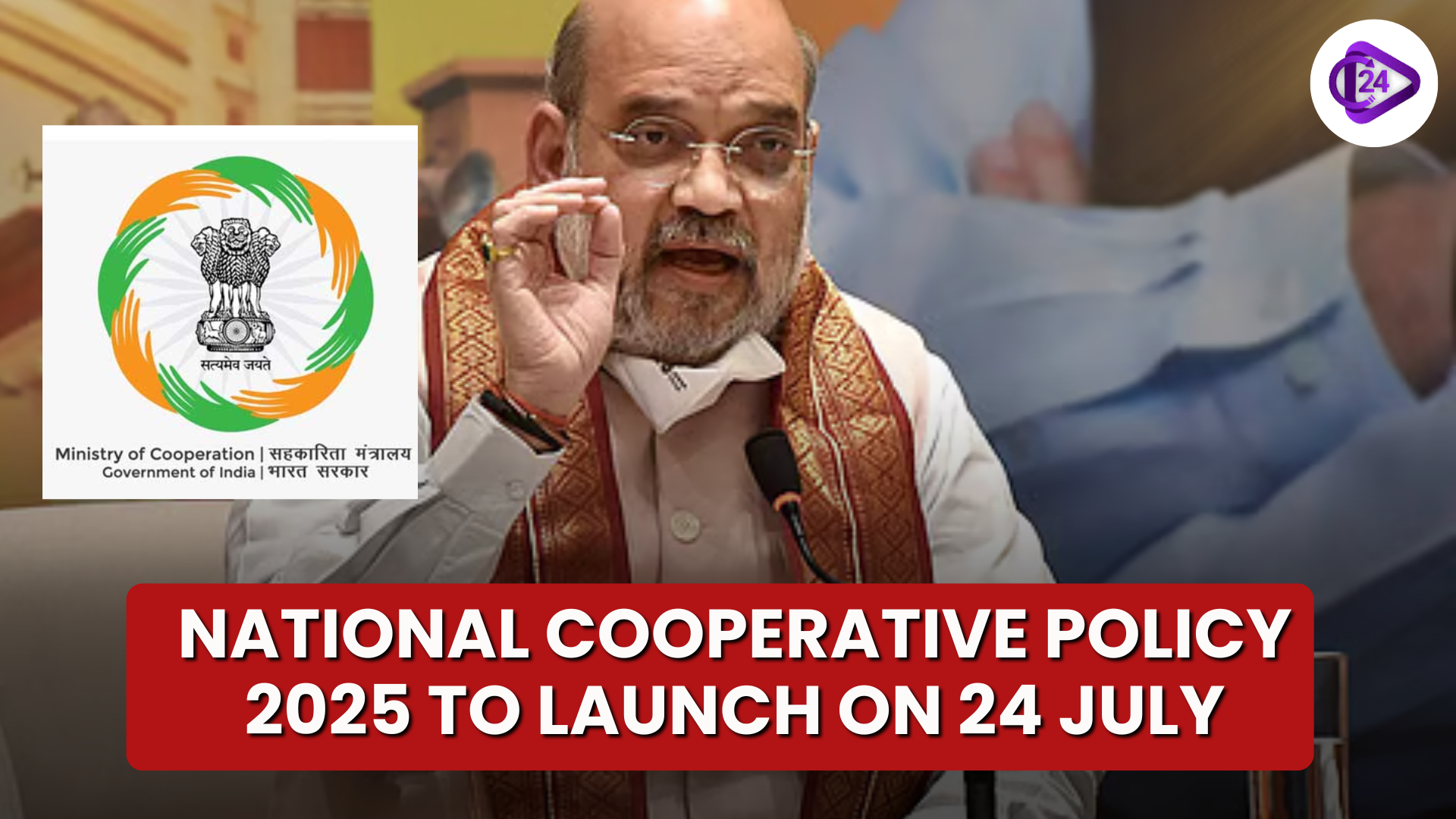 National Cooperative Policy 2025 to Launch on 24 July
National Cooperative Policy 2025 to Launch on 24 July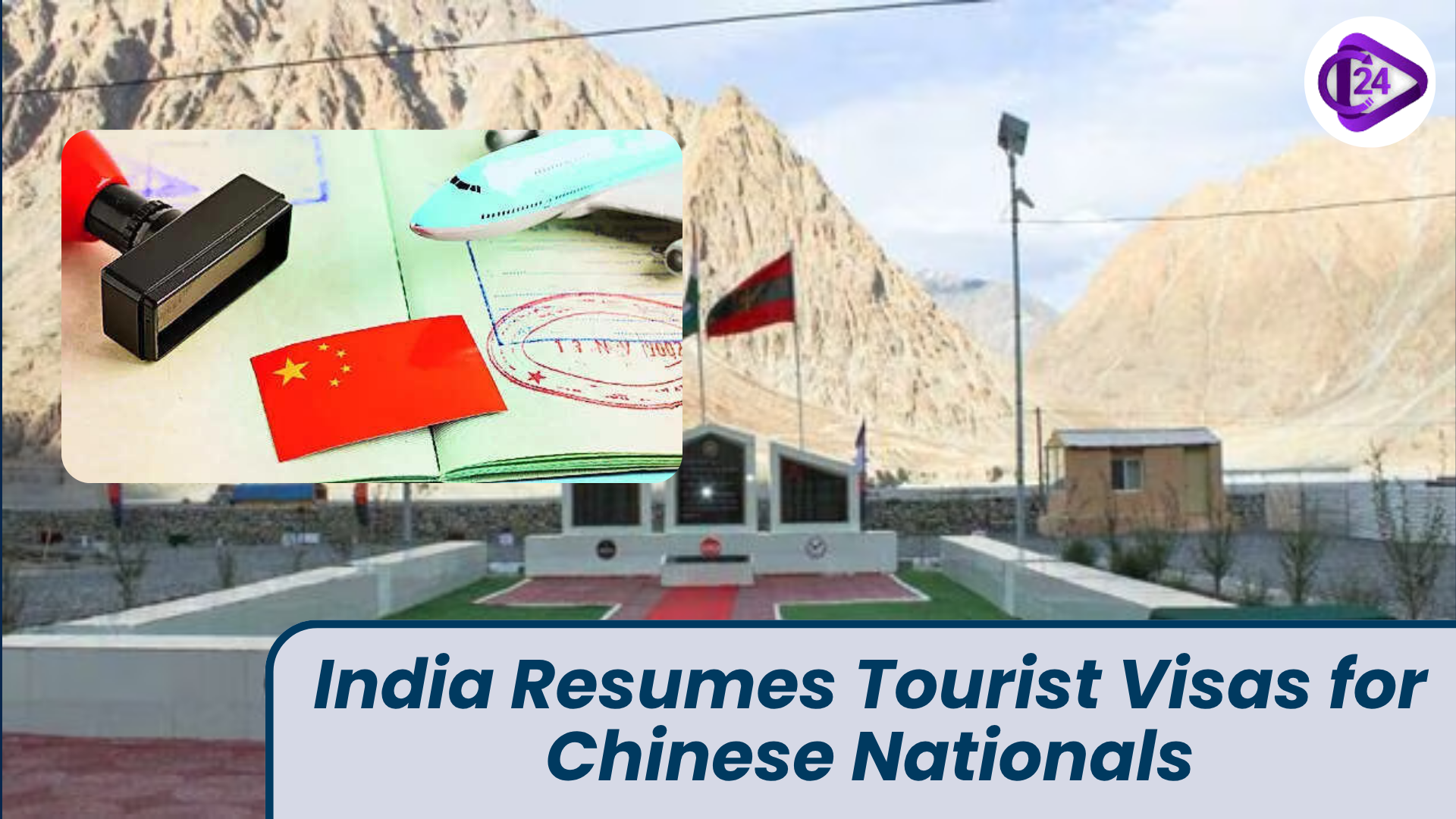 India Resumes Tourist Visas for Chinese Nationals
India Resumes Tourist Visas for Chinese Nationals India-UK Free Trade Deal Set to Boost £25.5 Billion in Annual Trade
India-UK Free Trade Deal Set to Boost £25.5 Billion in Annual Trade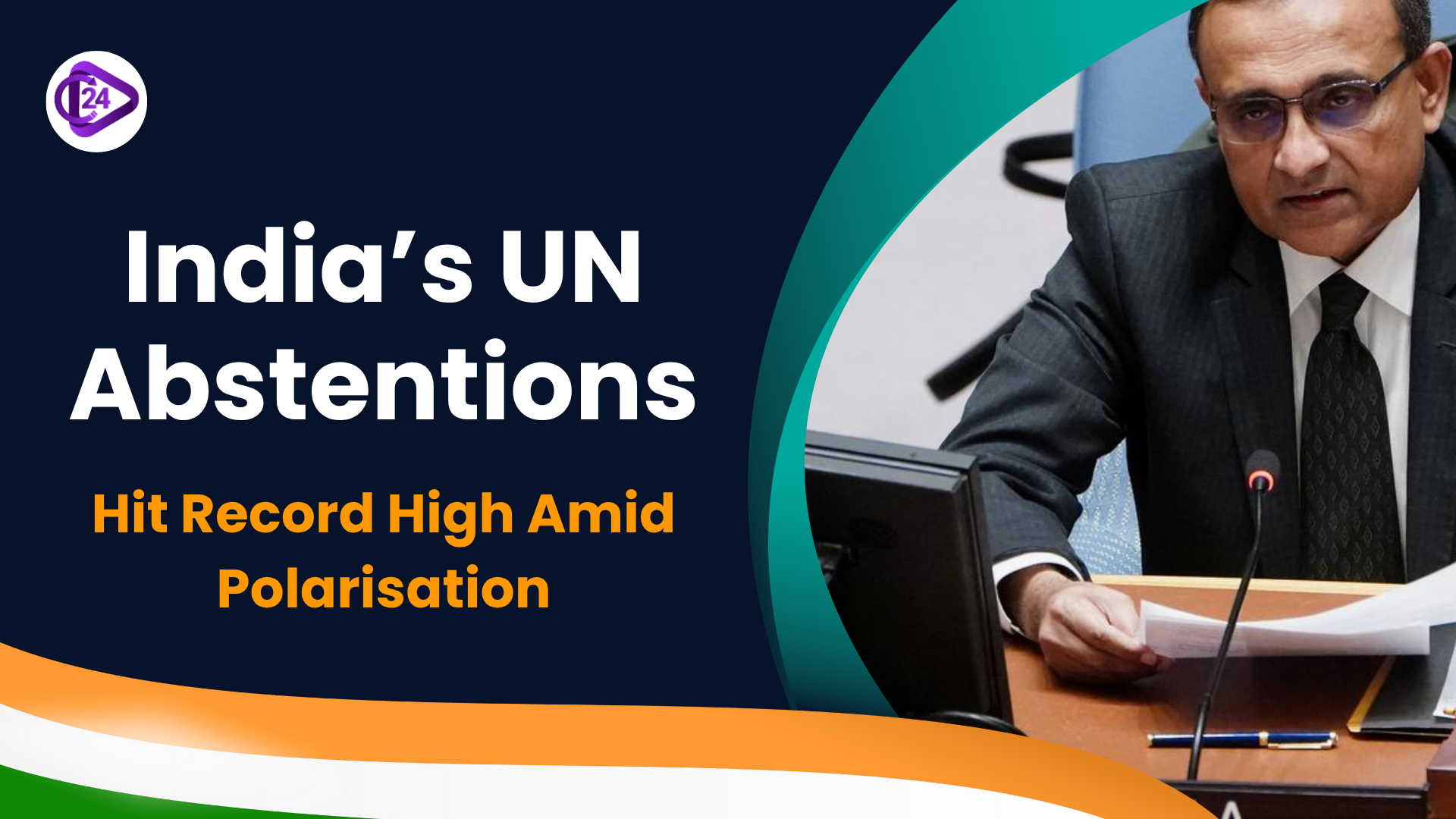 India’s UN Abstentions Reach Record High Amid Global Polarisation
India’s UN Abstentions Reach Record High Amid Global Polarisation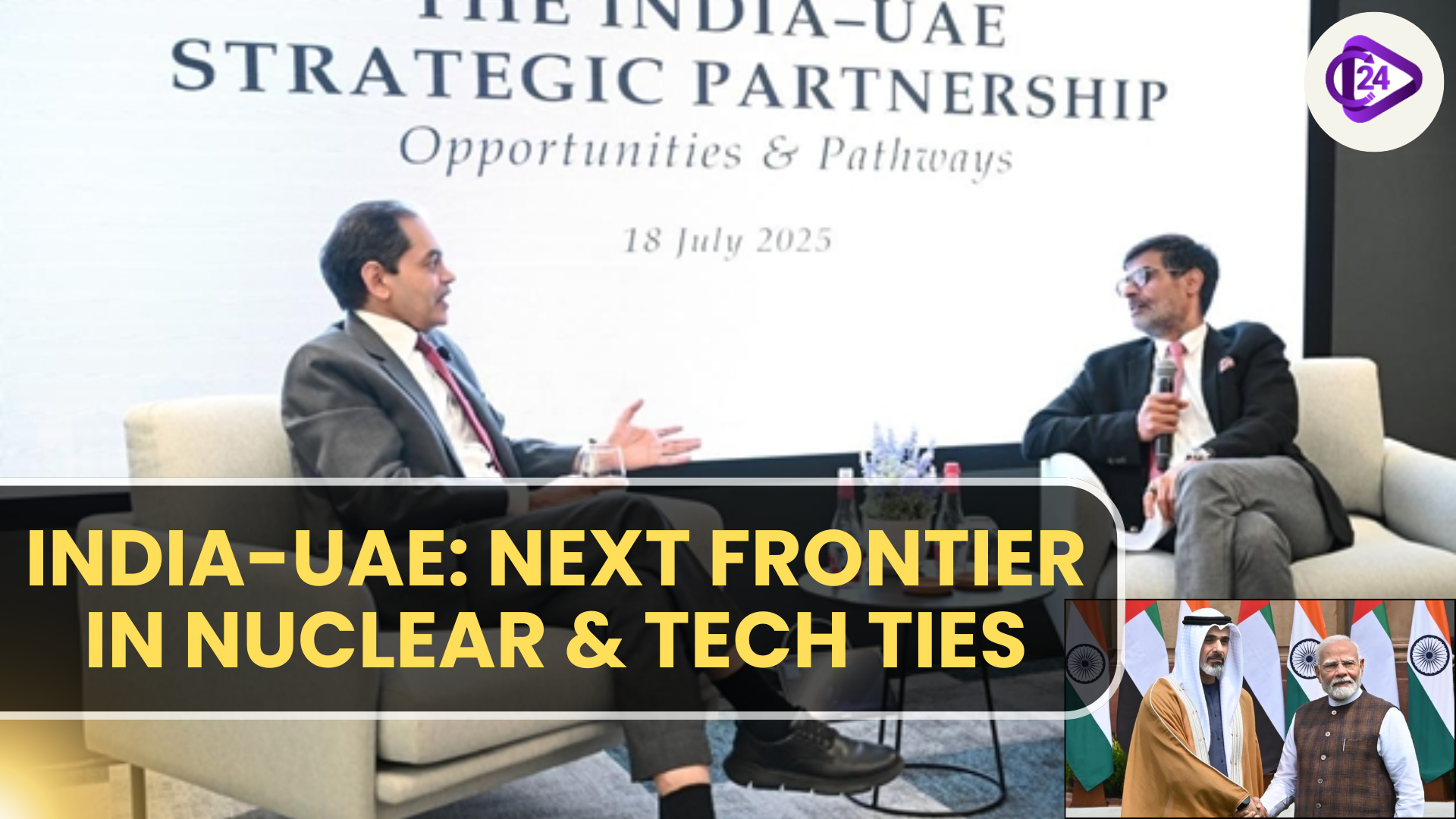 India-UAE: Nuclear Energy & Advanced Technology – The Next Strategic Frontier
India-UAE: Nuclear Energy & Advanced Technology – The Next Strategic Frontier






